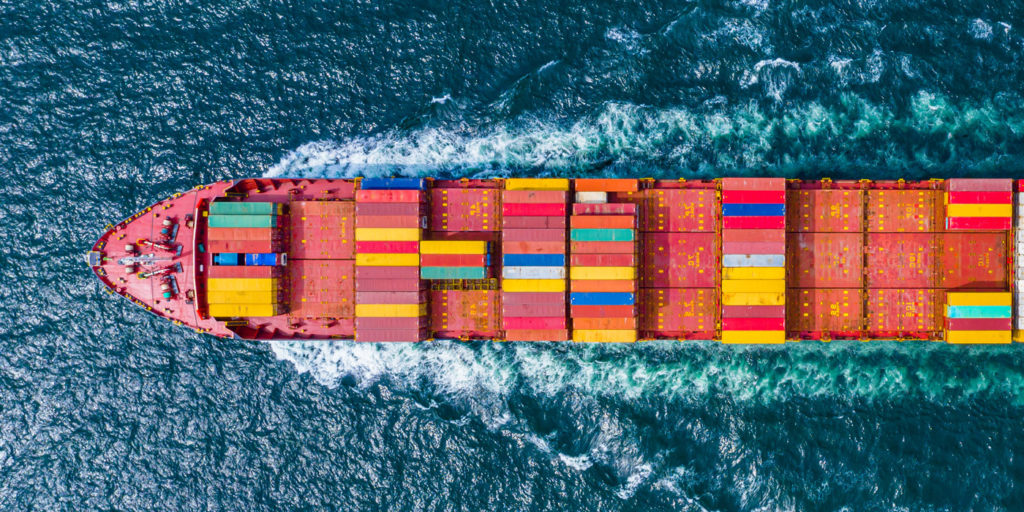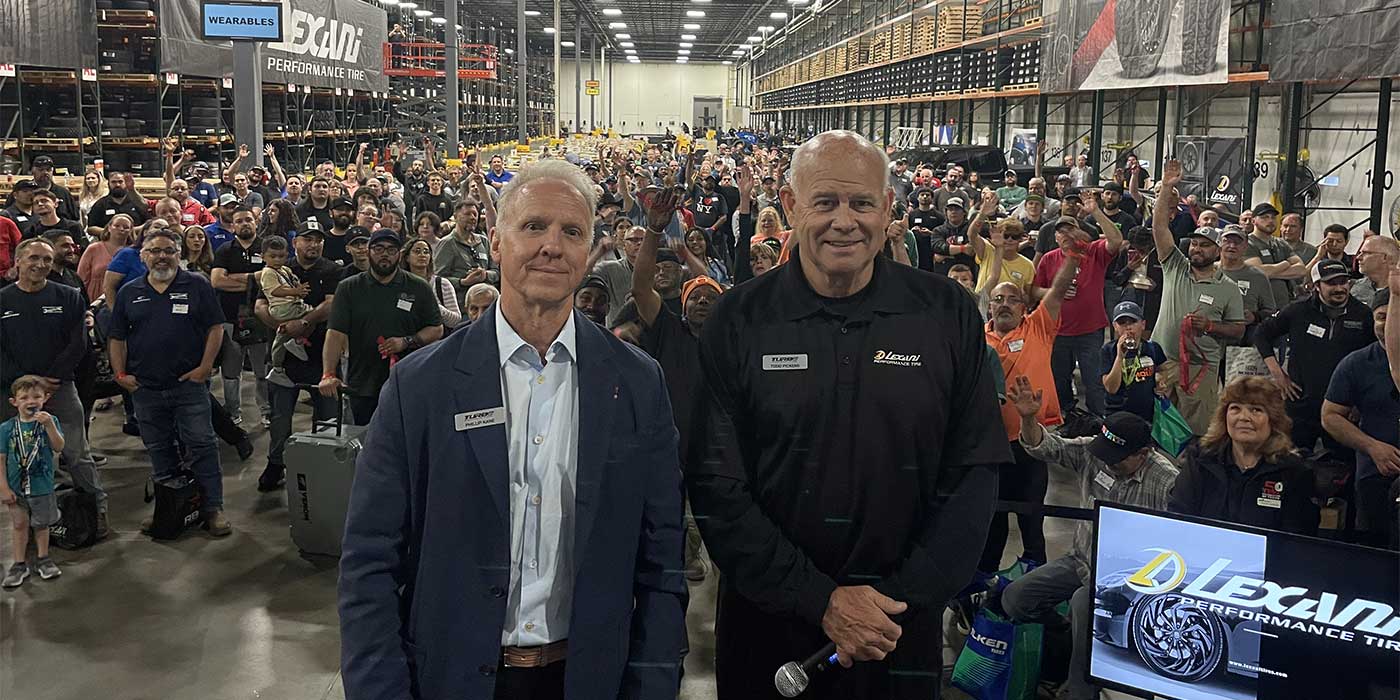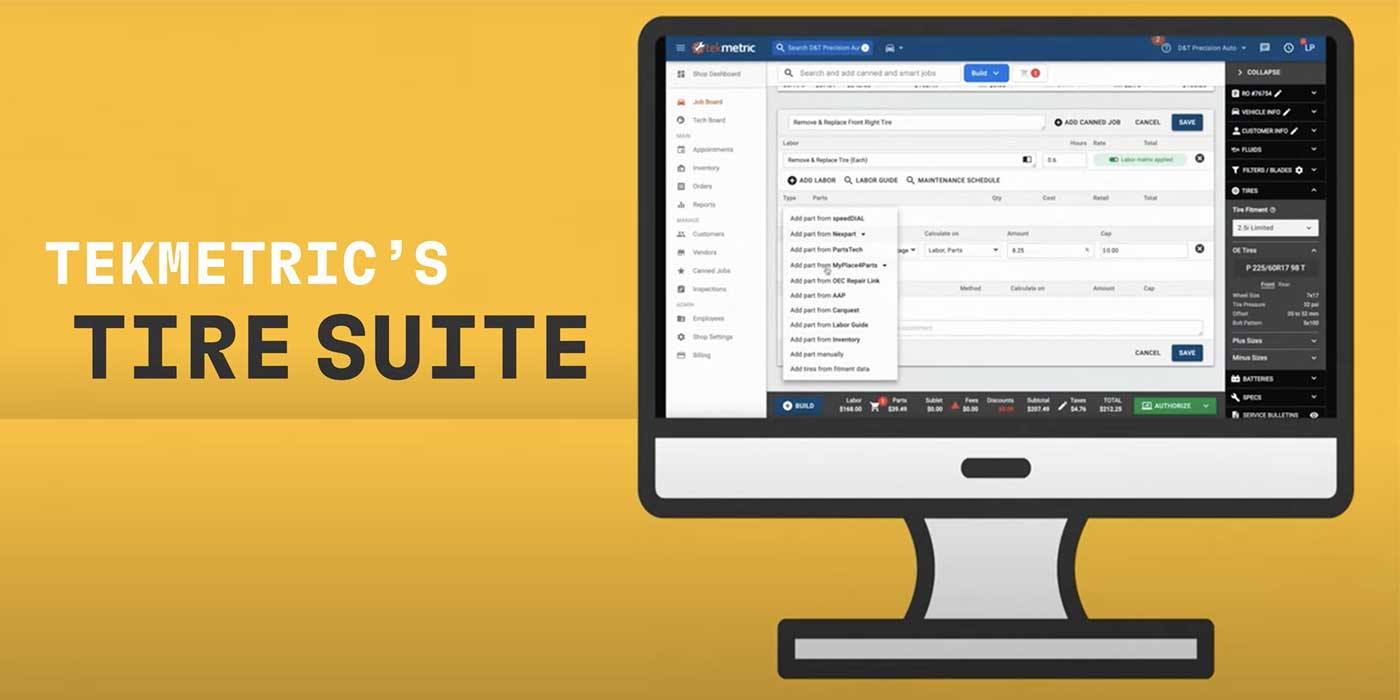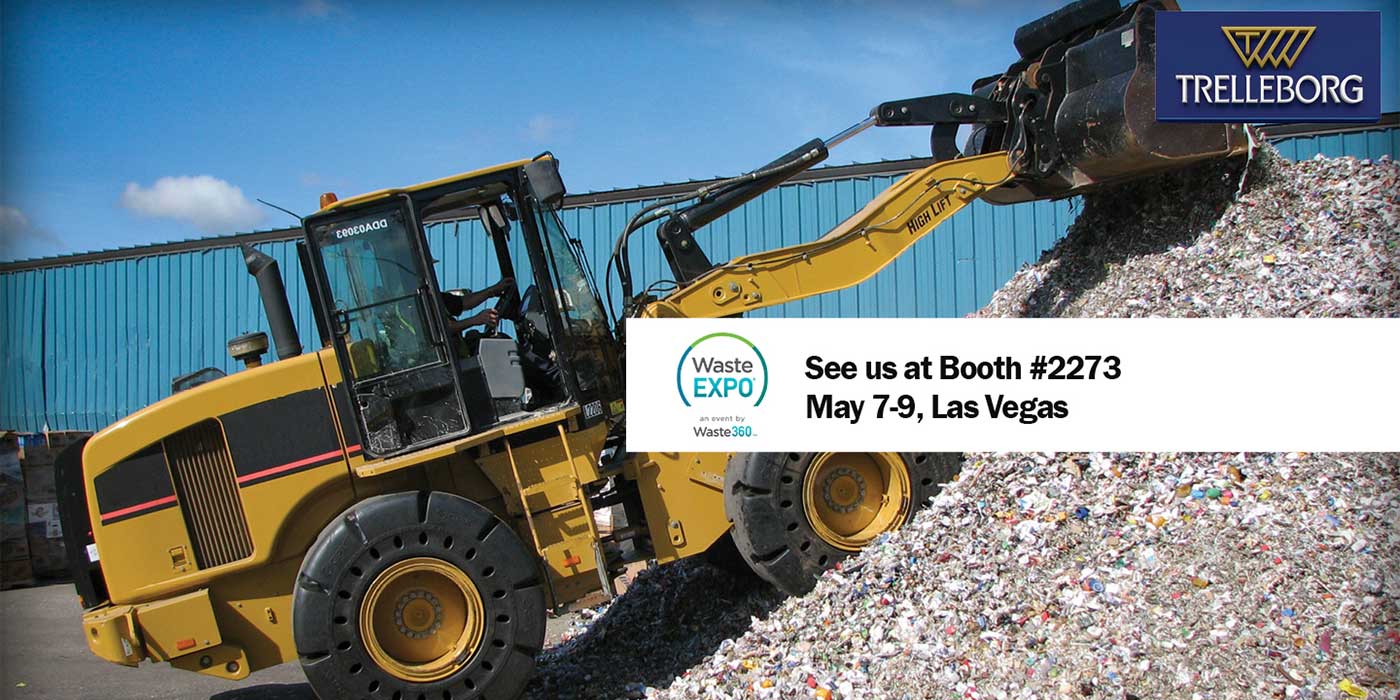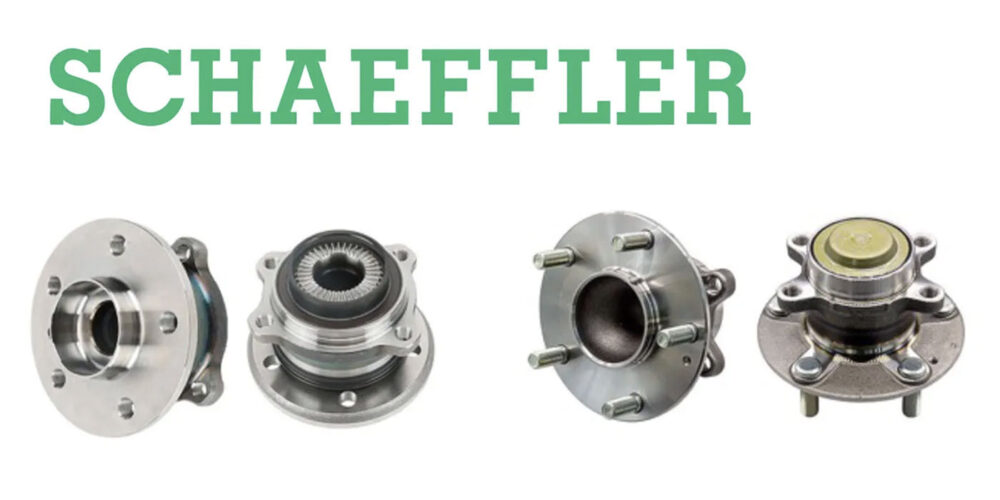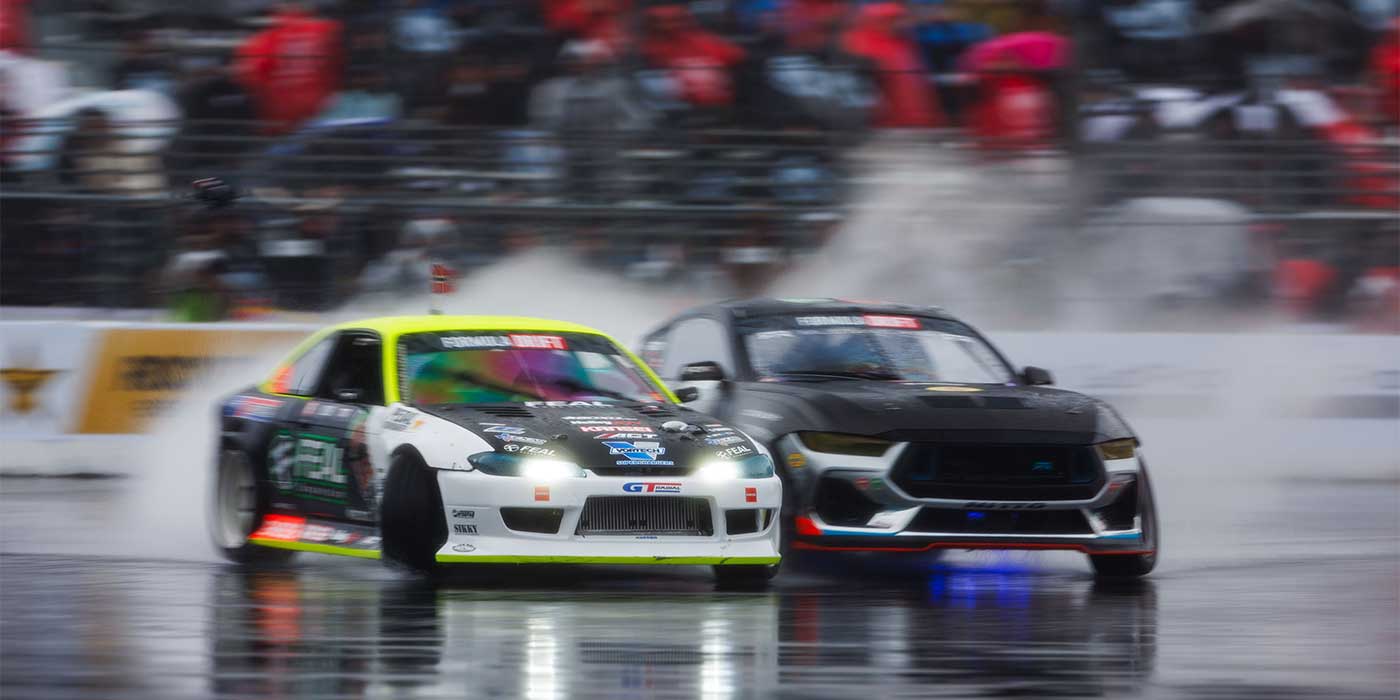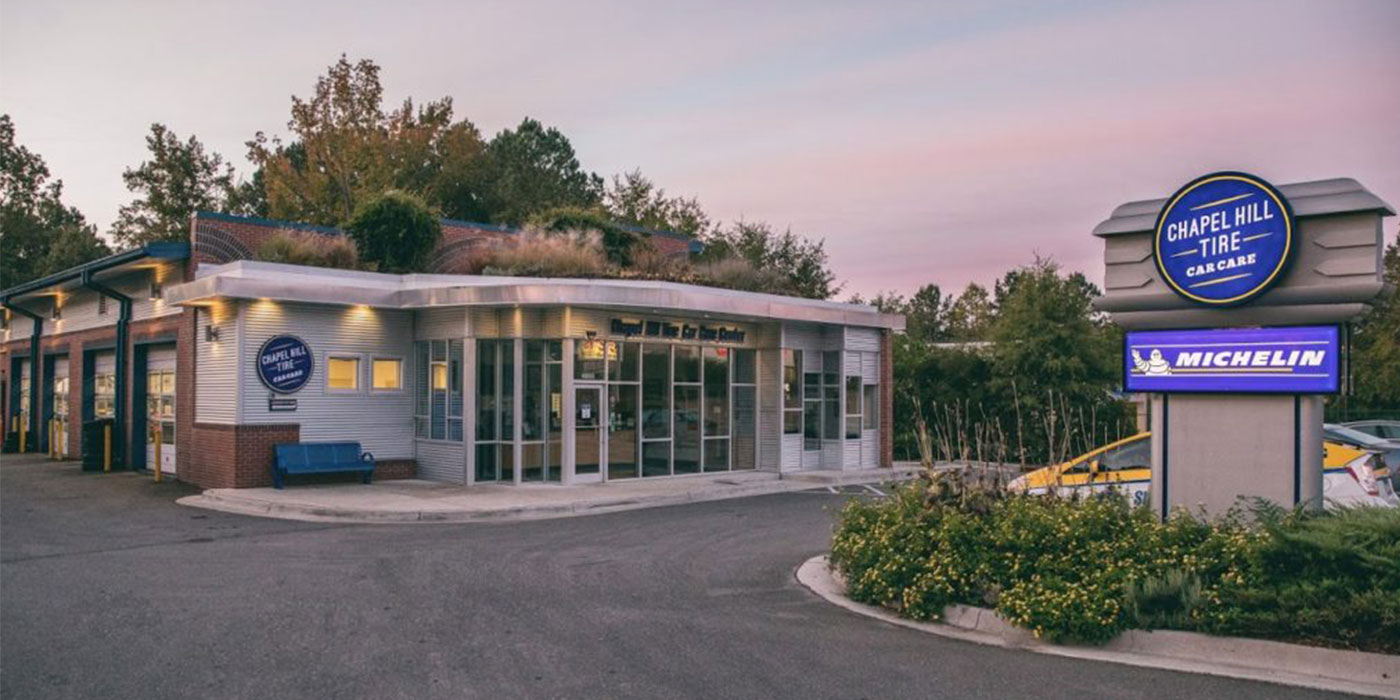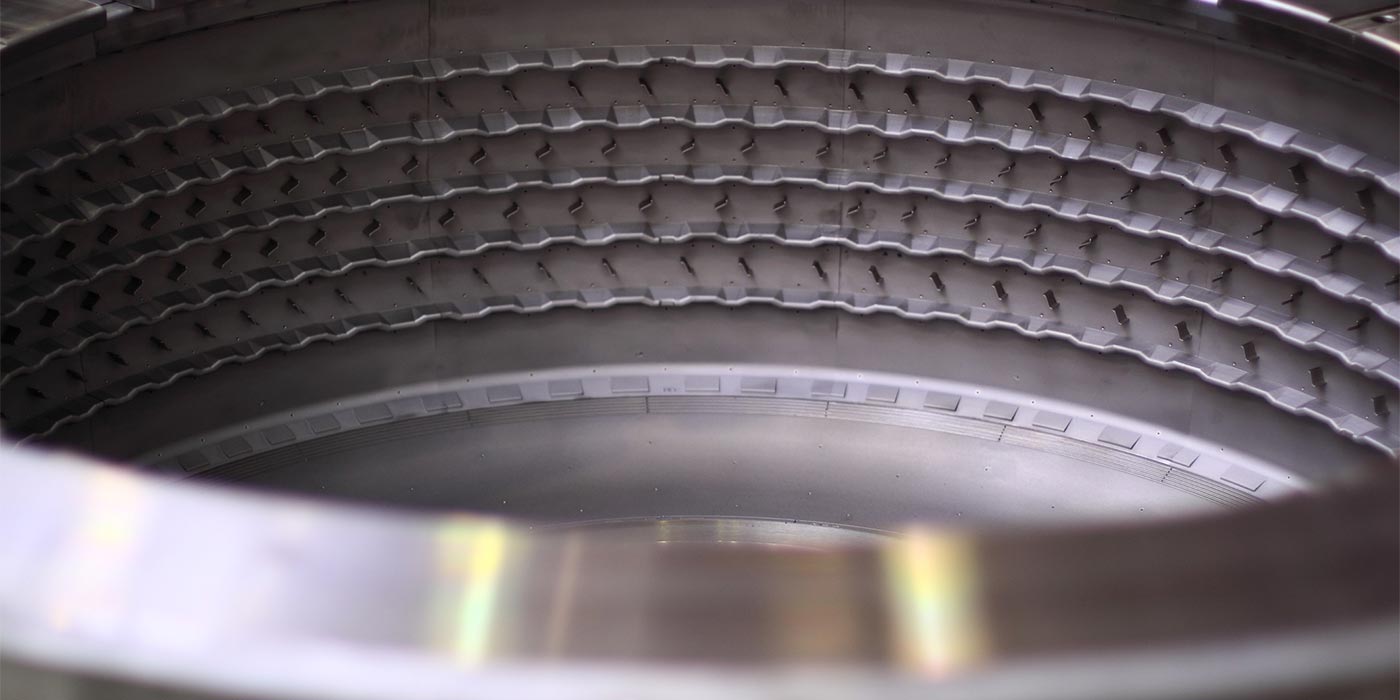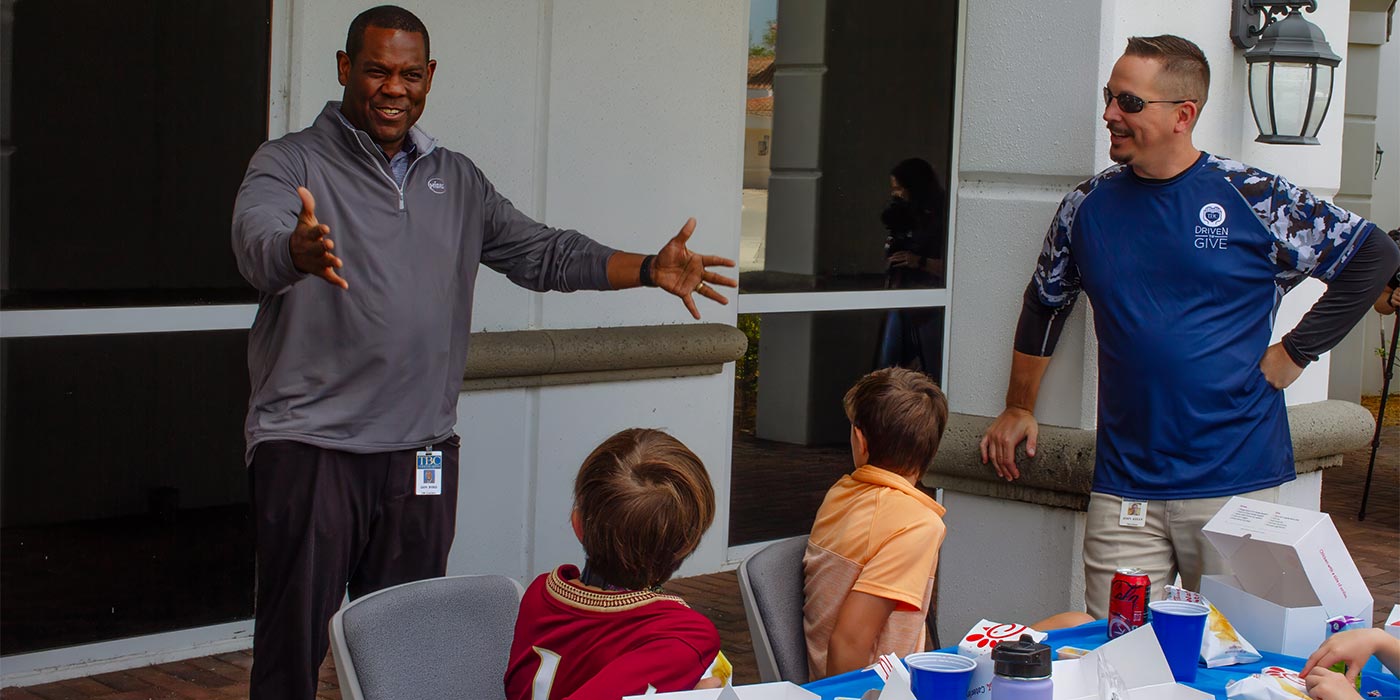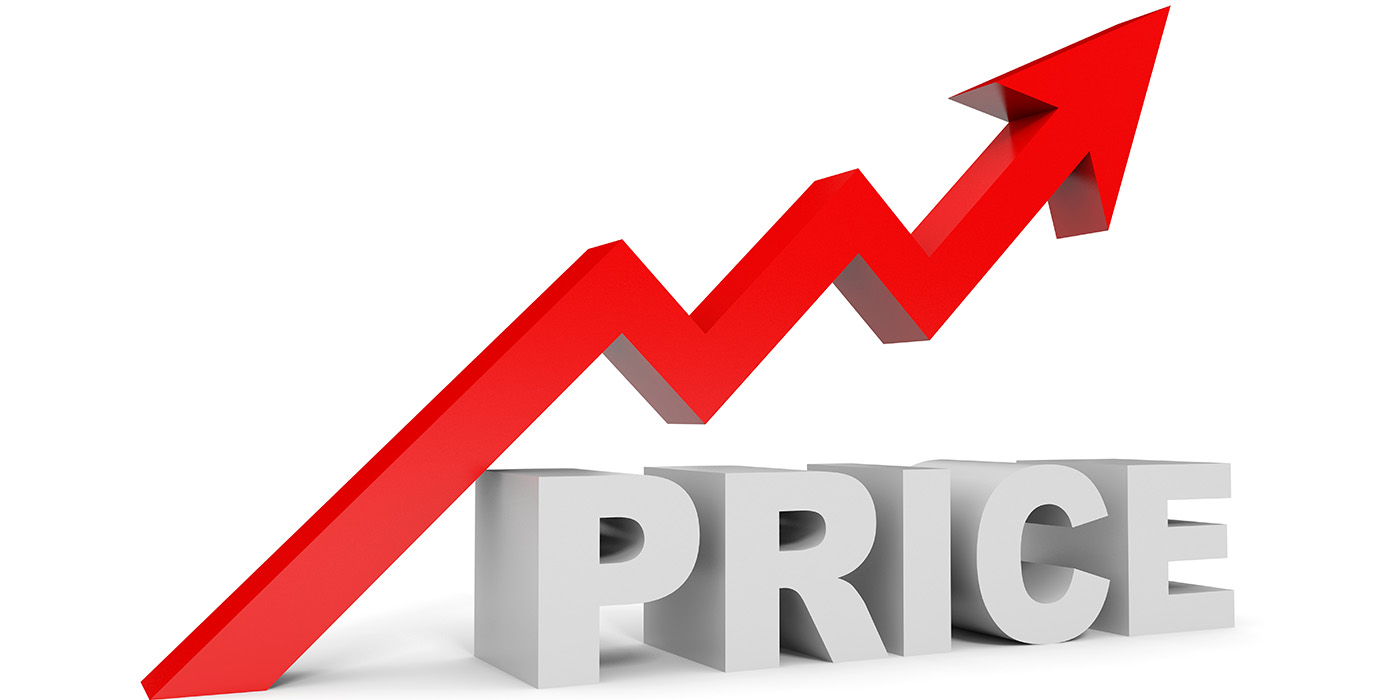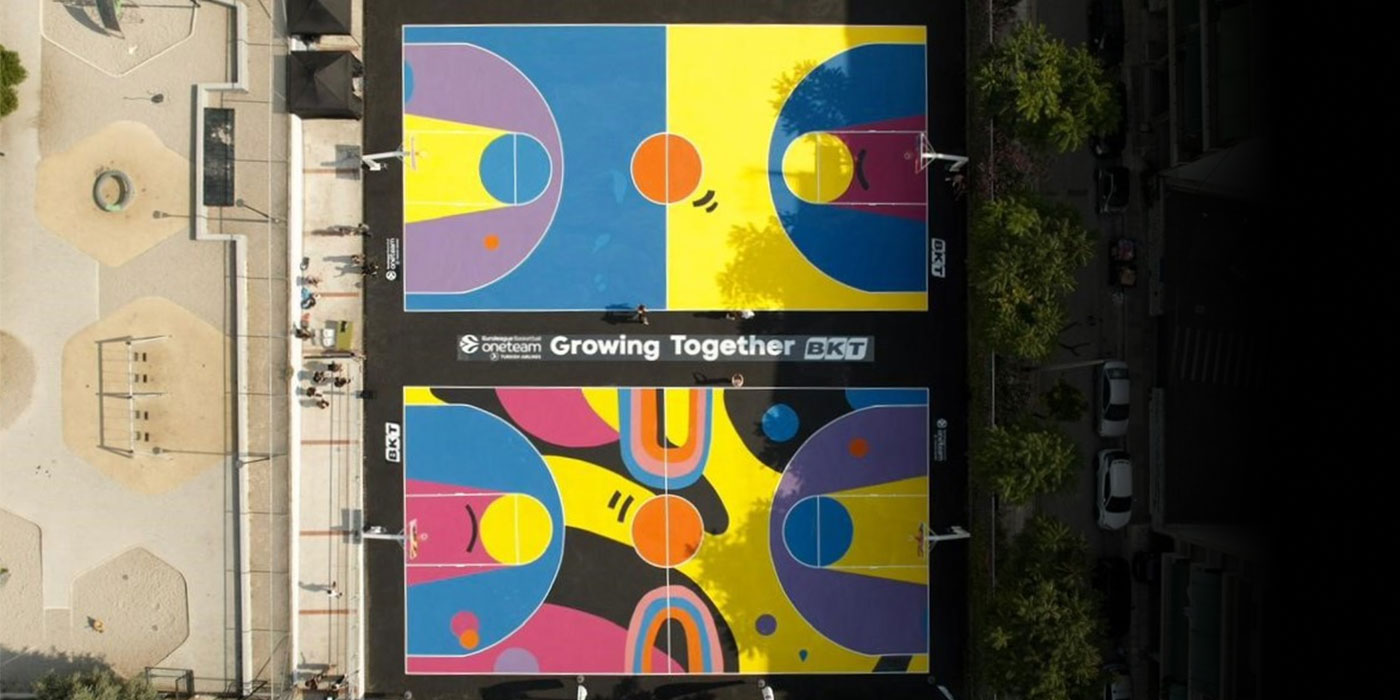Sumitomo Rubber North America (SRNA) again took to the web to host its latest COVID-19 dealer forum Feb. 2.
The company’s leadership updated dealers on the outlook of the tire industry amid the pandemic and supply chain challenges, as well as gave attendees a look into SRNA’s current state of business.
Regarding COVID’s impact on replacement tire industry volumes, Rick Brennan, SRNA’s vice president of marketing, said SRNA estimates total market PLT volumes in the U.S. were down 7% year-to-date over last year, adding the industry recovered “quite well” after being down between 50-60% in March/April 2020. The company estimates total U.S. market TBR volumes were up 1.6% year-to-date over 2020.
He stressed these percentages are estimates from SRNA, as the company hasn’t yet received the actual projection from the government on how many tires were actually imported into the U.S. in December.
Despite this recovery, Brennan said total miles driven for consumers was down 13.7% from 2019.
“The combination of further lockdowns and the resurgence of COVID did have an impact in November and most probably through December as well. Interstate miles are what are down the most, down about 16% in the urban areas and about 14% in the rural areas,” he said. “So, overall, tire sales recovered quite nicely in the U.S. … but when you look at miles driven, what Matt (Leeper, SRNA vice president of sales) keeps (asking me) is: How can we be selling so many tires when miles driven are down?
“At some point in time, that has to have an impact and slow down our growth.”
Shipping Challenges
Ron Papcun, SRNA’s senior vice president of operations, said “it’s one of the most challenging environments that we’ve seen” in 20 years on the inbound shipping side of the industry, adding 2021 so far has shown no signs of import supply chain improvement, with none being forecasted in the next 30-45 days.
One of the biggest hurdles for importers is the state of shipping containers coming from Asia, Papcun said.
For example, when carriers sailing from Asia arrive at U.S. ports and inland terminals, the ships often must anchor at sea for 10-12 days before goods are unloaded due to the overwhelming volume of ships, as U.S. retailers continue to replenish inventory at a rate faster than the Asia-to-U.S. supply chain can handle. In addition, surging COVID cases in California are impacting the timing of port operations. This causes a snowball effect in delays, as manufacturers in Asia must wait that additional time to have access to those containers again.
Making matters worse for the supply chain, because these containers are in short supply, Asian suppliers are often paying 200-300% premiums beyond the average price to secure vessel space. Compounding this, ocean carrier reliability is plummeting as cancellations rise. Due to these issues, Papcun said many suppliers are either canceling orders completely, holding orders or using tier 3 or 4 carriers.
“All of that is just creating issues getting product over here from Asia,” he said. “Many of the OEMs that we do business with, they’re running out of key components to manufacture the vehicles; if you watch the markets, there’s a global shortage of microchips. Orders are being held, so we’re seeing delays in our orders, and I know we’re not alone because we’re getting feedback from the market. Since the vessel space is being constrained, we’re being forced, as many others are, to using tier 3 or 4 carriers, and these carriers typically do not have the service level, the infrastructure, the operations that a tier 1 or tier 2 carrier would have. So, that’s creating additional challenges, just in terms of administratively moving the freight over here, tracking and tracing it, and getting it to its final destination.
“I would say, realistically, importers can expect a two- to four-week delay and a potential significant demurrage risk due to a lack of container chassis and the other issues that we talked about,” he said.
Matt Leeper, SRNA vice president of sales, said the company has put a moratorium on most direct container business until it has been decided it can be executed in a satisfactory manner.
“Unless there’s a special circumstance, we’re not taking direct container orders, as we just have so many challenges with those transactions,” Leeper said. “It disappoints the dealer, and it takes a lot of resources to try to find the container and make the dealer happy about that transaction. That’s likely to stay on hold for another couple of months.”
Leeper said the company is currently mulling over adding a container surcharge, but no definite decision has been made yet.
“We need to watch the market and see what transpires there,” he said.
SRNA’s Consumer and TBR Businesses Remain Strong
Leeper said he expects the industry to show strong consumer tire stats during the month of January, adding that SRNA had good consumer sales across all divisions including motorcycle, TBR and consumer.
“For 2020, SRNA consumer finished up 7.1%, which represented a 0.9% increase in market share, which is a really significant increase for a Tier 2 brand in a mature industry like the tire industry,” he said. Leeper also added the company out-performed market averages every month in 2020.
Impacting the company’s OE business, which Leeper said was relatively flat in January, he said vehicle manufacturers are experiencing a microchip shortage due to consumer goods depleting the supply around the holidays.
Regarding the company’s TBR business, Bob Klimm, SRNA director of TBR sales, said the company recently had its best January ever, finishing 26% over last year. Due to the overwhelming demand, he said, SRNA was unable to make a sizeable dent in stocking tires for back orders, but the company’s U.S. plant is gearing up for increased production.
“That should give us relief by a March/April timeframe, and we are also supplementing our efforts with increased production from Japan,” Klimm said.
Klimm added with construction predicted to rebound, manufacturing trending upward, and agriculture and trucking looking strong in 2021, he expects a positive year for commercial tire sales and service overall.

